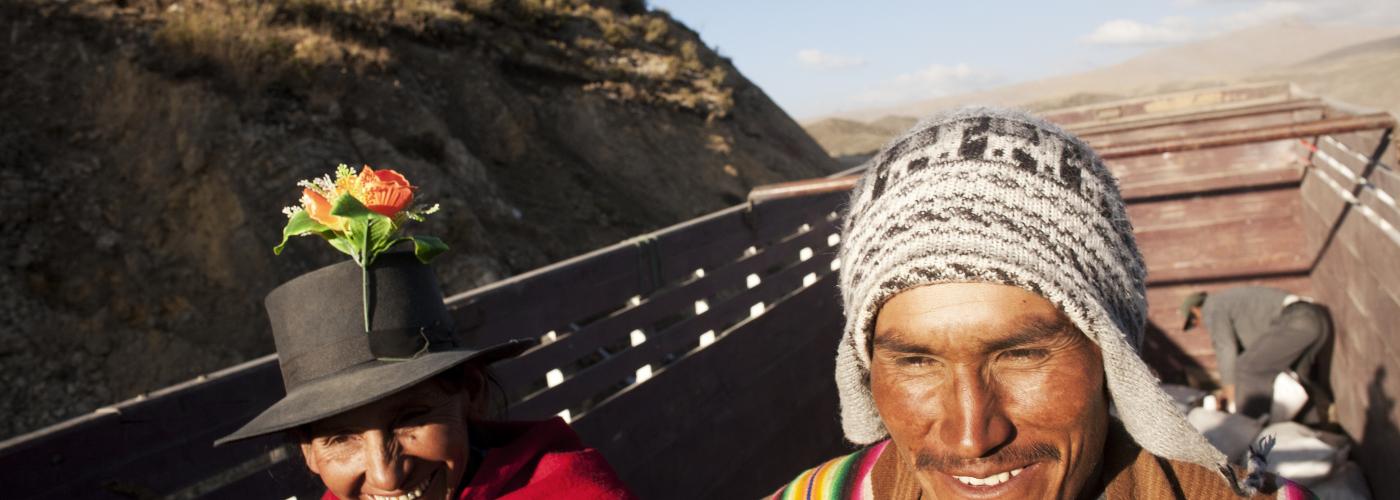General information
Title
Provision of enhanced protection services for IDPs and refugee returnees - Nigeria
ID
XM-DAC-2-10-3140
CRS ID
PJ/2018/21
Start date
End date
Activity status
Completion
Budget
€1.000.000
Actor
UN Office of the High Commissioner for Refugees UNHCR_HCR - UNHCR - PRT
Country
NIGERIA
Sector
Humanitarian Aid - Material relief assistance and services
Policy markers
Gender 1
Good Governance 1
RMNCH: Reproductive, Maternal, Newborn and Child Health 2
Aid type
Project-type interventions
Fragile state
Yes
Least developed country
No
Budgetline
54 52 356083 Humanitarian projects
Finance type
GRANT
Tied status
No
Flow type
ODA
Body
General
The humanitarian situation in Nigeria is complex. In addition to the ongoing Boko Haram insurgency in the northeast, the conflict between farmers and herders in the middle belt of
Nigeria and the Cameroonian crisis continue to have broader implications on local populations in affected areas. Currently, UNHCR Nigeria is assisting IDPs and refugee returnees in the
North-East and the Cameroonian refugee situation in Cross River, Benue, Ikwa-Ibon and Taraba States.
The North-East Situation :
Now in its ninth year, the conflict in Northeastern Nigeria continues to have a devastating impact on civilians. Since the start of the conflict, more than 20,000 people have lost their lives, over 4,000 people were abducted, and in 2018, 1.7 million people remain displaced. Around 3 million IDPs and returnees remain in need of protection and legal services, shelter, basic services and livelihood opportunities across the three most-affected states in the Northeast: Borno, Adamawa and Yobe. Over 200,000 Nigerian refugees remain in neighboring countries of Cameroon, Niger and Chad, while 31,649 returned in 2018.
As a consequence of ongoing military operations, IDPs, IDP returnees and refugee returnees are unable to reach their areas of origin. As a result, they are being forced into secondary
displacement situations where they face challenges of inadequate shelter and basic services; absence of livelihood opportunities and often destroyed civil infrastructure. UNHCR a Protection Sector partners conduct protection monitoring, leading to identification, documentation and referral of protection incidents for advocacy and responses as appropriate.
Protection monitoring also serves as basis for the identification of vulnerable groups such as sexual and gender-based violence (SGBV) survivors, female-headed households and unaccompanied and separated children who, due to these challenges, are exposed to protection concerns such as lack of documentation, forced removal and forced return to Local Government Areas (LGA) of origin as well as associated risks of resort to negative coping mechanisms. Indeed, many incidences of food for sex have been documented both during monitoring and focus group discussions.
The Cameroon Refugee Situation :
Since September 2017, Nigeria has been receiving thousands of Anglophone Cameroonians affected by the crisis in the Northwest and Southwest regions of the country due to clashes between the government and activists calling for separation. Refugees are scattered in over 50 localities in the southern region of Nigeria (namely in Cross River, Benue, Taraba and Akwa-Ibom states) and rely on already scarce resources of hosting community for food and shelter. Basic services are a rare commodity in most areas including shelter, inadequate access to water and sanitation. In addition, most of the children are out of school. In the North-East regions, the project will strengthen protection response for refugee returnees, IDPs and IDP returnees through enhanced protection monitoring, legal assistance and community-based protection systems.
For the Cameroonian refugees, the project aims to meet basic needs of refugees (such as shelter and education) in order to provide dignified living conditions.
Results
1. Rights Group: Security from Violence and Exploitation
- Protection from effects of armed conflict strengthened
2. Rights Group: Favourable Protection Environment
- Access to legal assistance and legal remedies improved
- Law and policy developed or strengthened
3. Rights Group: Basic Needs and Essential Services
- Population has access to permanent shelter


